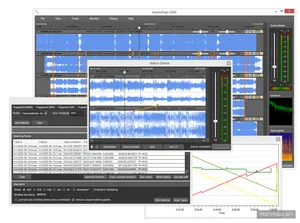TVUnblock IP update script for OpenWRT
Yesterday I discovered the free TVUnblock.com service and was suprised how easy it is to use. Configuring my OpenWRT router to get access to US Netflix content only took me about 5 minutes. Being a free service, TVUnblock requires users to register their IP with them to unlock the unblocking functionality. For internet connections with dynamic IP adresses, this means that you have to regularly re-register your IP address, else you’re back to the local program, or none at all if you use it for services that aren’t available outside the US.

